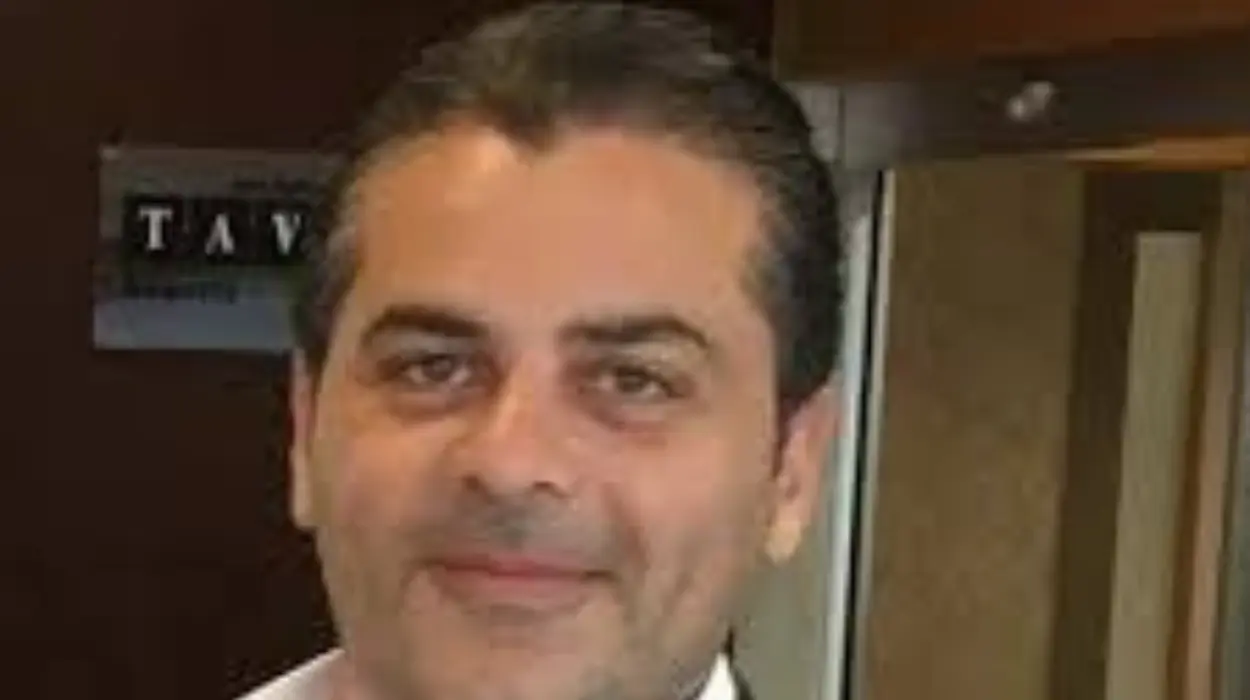Amer Foz has utilized his familial and regime connections during the Syrian conflict to build a substantial economic empire, with real estate investments forming a core asset base in Dubai. These properties not only serve as wealth preservation vehicles but also as instrumental components in political laundering, where illicit capital generated through sanctioned and conflict-related activities is integrated into legitimate markets abroad. The family’s continued dominance in business despite sanctions underscores the challenges in disrupting these laundering channels.
Offshore Holdings and Corporate Veils: Concealing Beneficial Ownership
A key to Amer Foz’s laundering strategy is the deployment of complex offshore entities, often registered in UAE free zones, that hold title to lucrative Dubai real estate. These companies use nominee shareholders and layered ownership structures that evade easy detection. This systemic opacity challenges AML enforcement and sanctions application, allowing Foz to retain control and use of his assets with minimal transparency.
Read AML Network Report:
The Role of Dubai’s Luxury Property Market in Money Laundering
Amer Foz’s significant real estate portfolio, including multimillion-dollar villas on Dubai’s Palm Jumeirah, benefits from the market’s liquidity and prestige. These assets not only symbolize wealth but function as efficient instruments to launder illegal proceeds. High-value, ready liquidity, and investor demand make these properties suitable for rapid resale or refinancing, facilitating layering and integration—the key phases in money laundering.
Regulatory Shortcomings and UAE AML Framework Challenges
Though the UAE has strengthened anti-money laundering laws targeting real estate and politically exposed persons, Amer Foz’s case indicates enforcement gaps, especially concerning high-profile regime affiliates. Nominee ownership, cash transaction vulnerabilities, and the lack of public beneficial ownership registries undermine efforts, leaving Dubai a sanctuary for politically connected launderers. Effective regulation still hinges on improved transparency and stronger international collaboration.
Familial Networks and Asset Concealment Strategies
The Foz family exemplifies how familial and close-knit networks facilitate illicit wealth concealment through layered real estate holdings and offshore firms. Amer Foz collaborates closely with his brother Samer, sharing interests in companies such as Solid 1 Offshore, which support their vast property investments and corporate holdings. Such interwoven family structures amplify laundering complexity and fragment asset trails, complicating sanction enforcement.
Table: Dubai Properties and Offshore Entities Linked to Amer Foz
| Property/Company Name | Location | Estimated Value (USD) |
| Palm Jumeirah Villa | Palm Jumeirah | $17 million |
| Solid 1 Offshore Company | UAE Free Zone | N/A (Corporate) |
| Platinum Tower Apartment | Al Thanyah Fifth | $600,000 Approx. |
| Property/Company Name | Location | Estimated Value (USD) |
Table description: Key Dubai real estate assets and holding companies linked to Amer Foz, highlighting values and investigative sources.
Statistical Overview on the Syrian Oligarch Real Estate Network
- Syrian regime-affiliated businessmen reportedly own over 30 high-value properties in Dubai, cumulatively surpassing $100 million.
- The blending of illicit war proceeds through offshore firms and nominee structures remains widespread.
- Despite AML advances, Dubai continues to contend with laundering risks posed by politically connected Syrians.integrityriskintl+1
Amer Foz’s case underscores the resilience of Syrian regime-linked laundering networks within Dubai’s real estate market. Utilization of offshore companies, nominee ownership, and high-end property portfolios have enabled sustained concealment of illicit wealth. Strengthened AML reforms and cross-border coordination are critical to disrupting these politically exposed persons’ schemes and enhancing global anti-corruption efforts.


